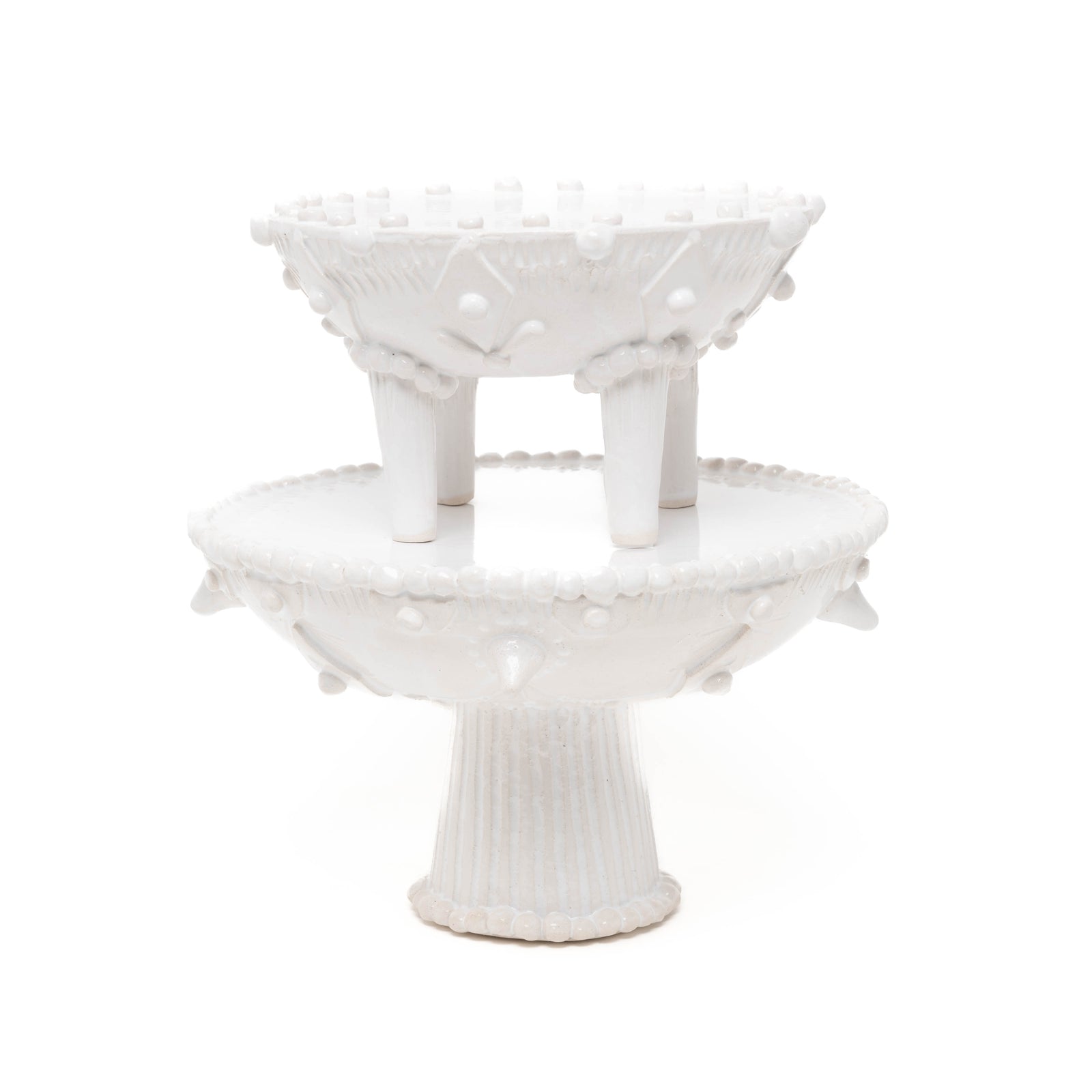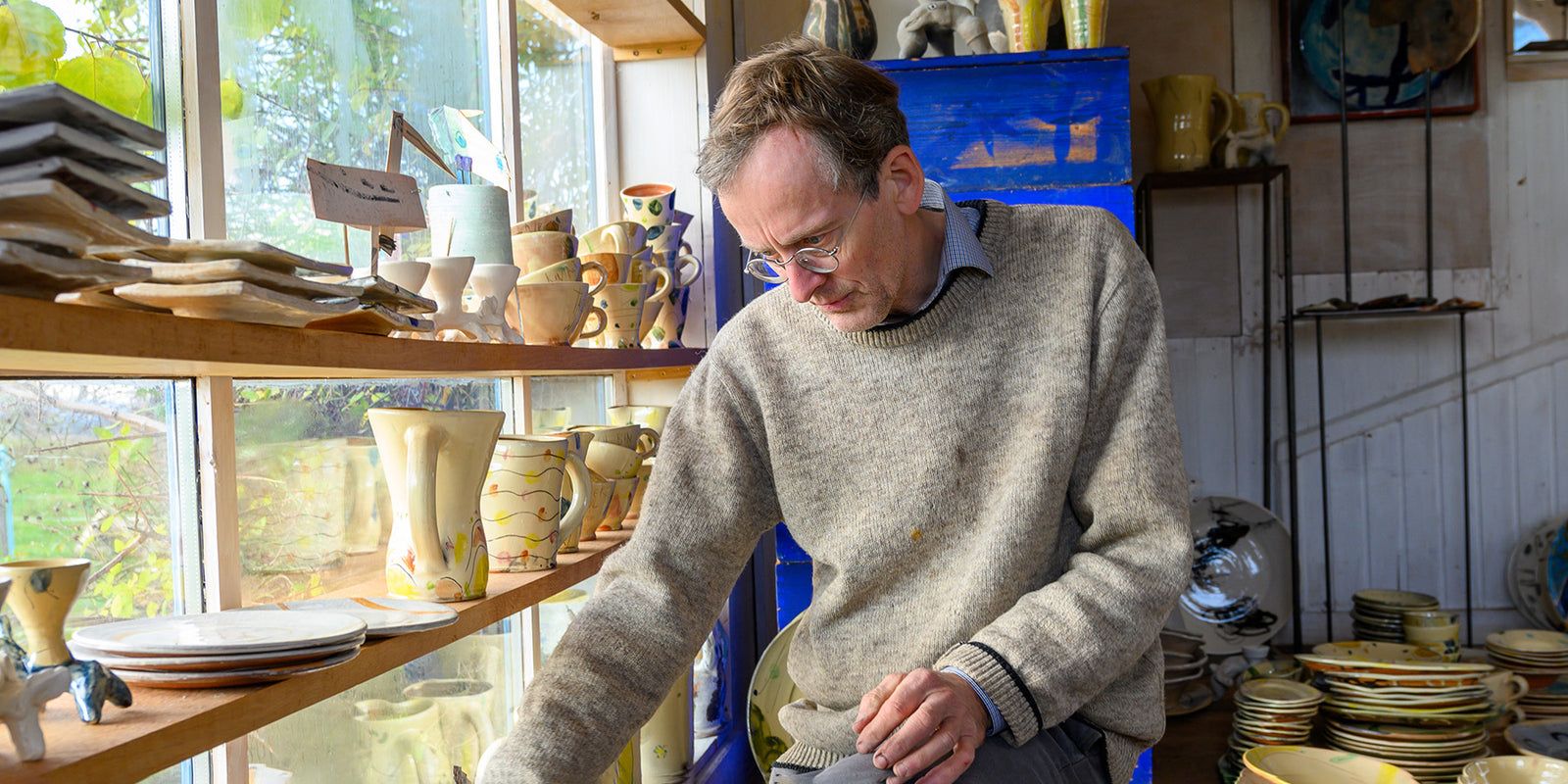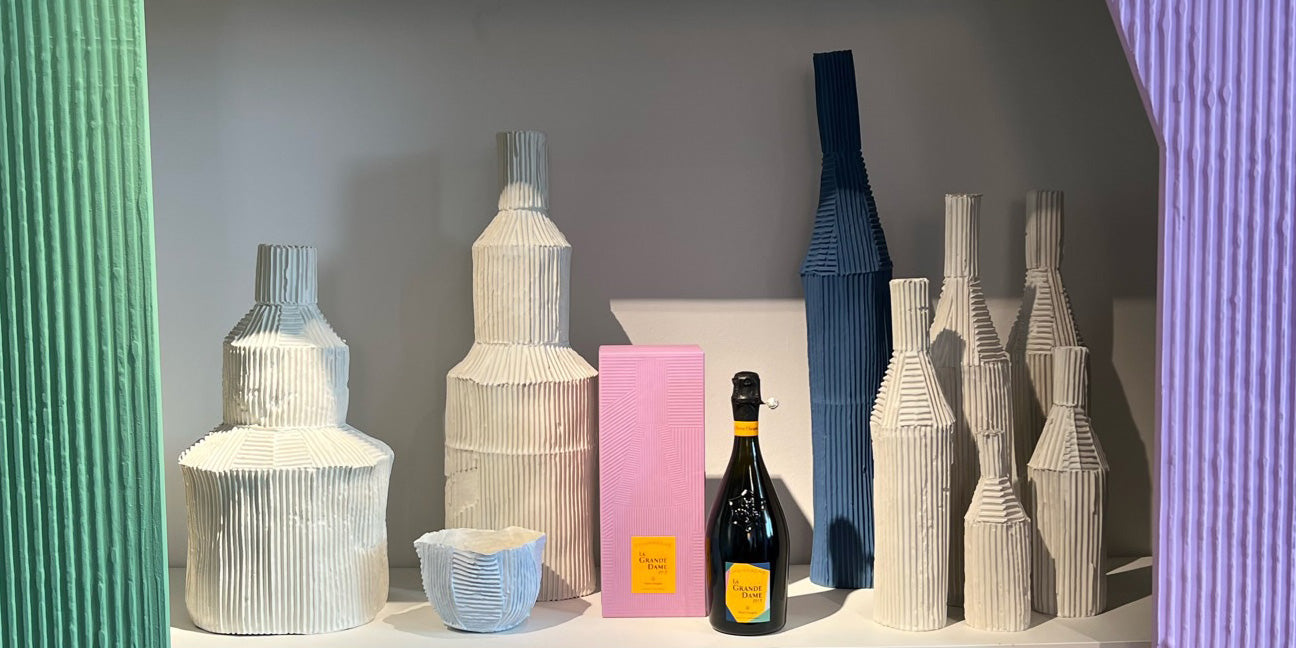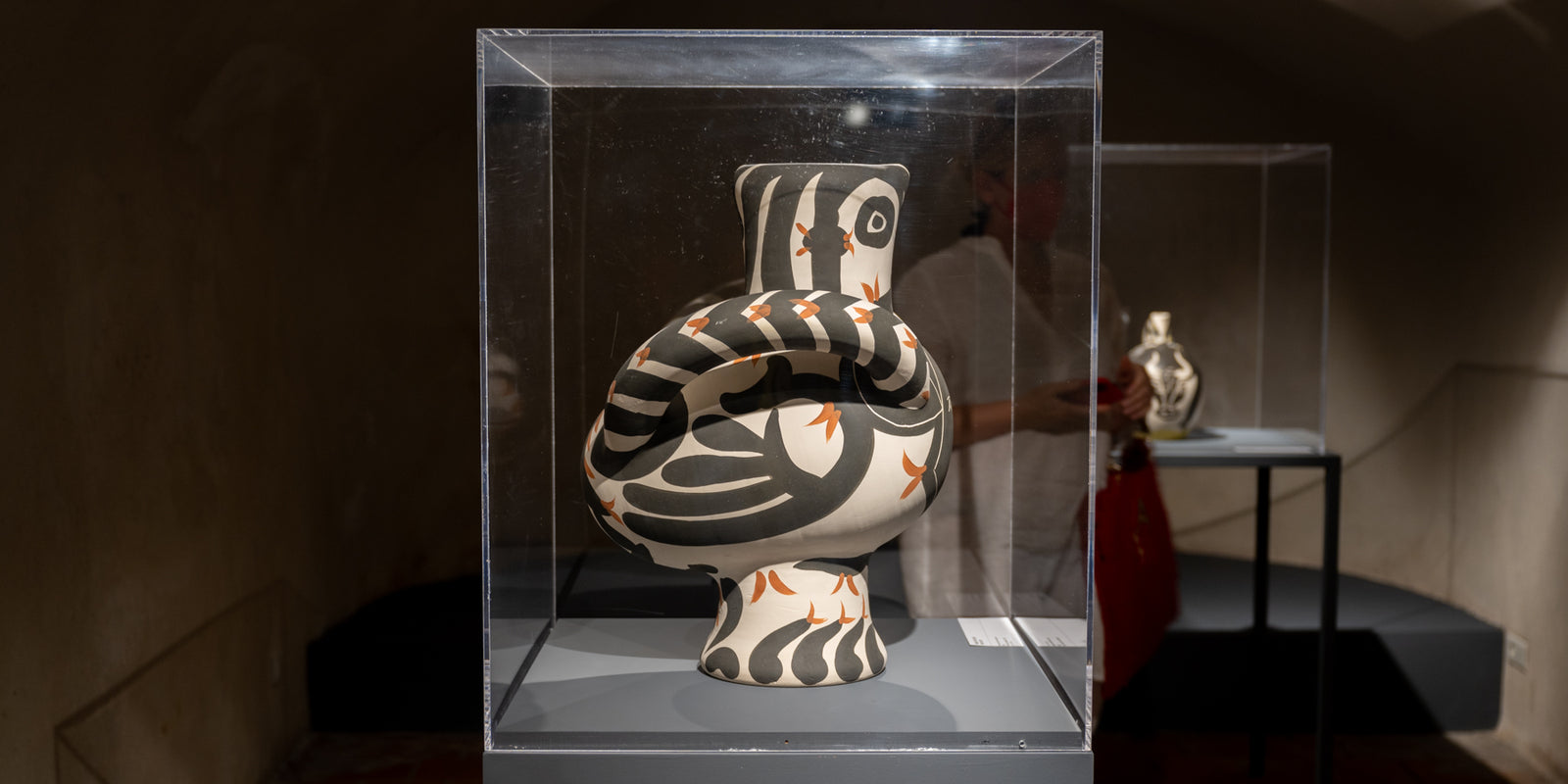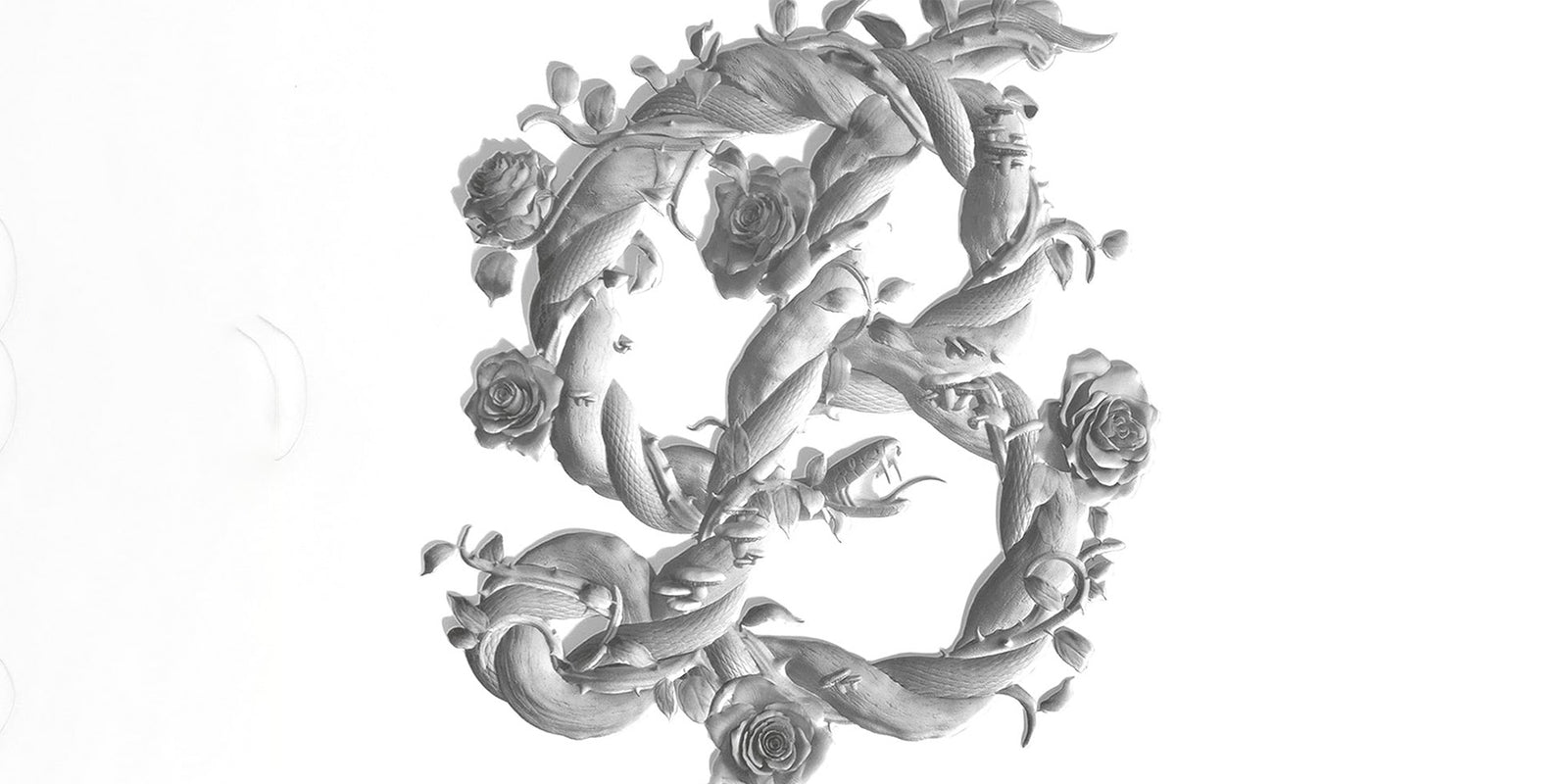Or are they the same thing? For Hans Fischer, definitely not: "The difference between craft and art is a quantum leap in exposure," he says. "As an artist, you expose yourself much more." But this distinction has nothing evaluative for him.
"I used to think I was doing craft because I had to earn my bread. But I'm slowly beginning to understand that it's something that really nourishes me. I can think about effectiveness in art and in a cup too. In the end, I can make a cup the way I want to make it."
And he does. Unlike the Bauhaus maxim "form follows function," Fischer pursues his own path, which seems to know no rules and is completely dedicated to subjectivity and therefore the very personally felt.
What neither design nor art achieves is anchored in our lives and made available to us to the extent that it becomes a characteristic of craftsmanship: in the most everyday contexts, in domestic settings, mundane things are charged with an artistic attitude and challenge the user of these objects to interact, to dialogue and ultimately to complete an artifact through use.
The craft part of craft involves ensuring that an object meets the demands of use. Meeting the respective task requires professional execution. For Fischer, craftsmanship does not mean perfection; he is interested in the dialogue with the material.
Fischer also does not deny quality and aesthetics to the designed and subsequently machine-produced object. "The difference is that in craftsmanship, through working with the hands, I can animate things. Industry can't do that.” When you pick up Fischer's ceramics, look at them, and bring them to your mouth, you learn something about clay and its character. And that clay is not a cast material, not a standardized turning mass. His vessels tell something about their origin, even in an anthropological sense. They are poetic and quiet and speak more of wishing than asserting.
According to Fischer, craftsmanship is not media-savvy enough. "Craftsmanship has more of a personal space, which is also effective but not visible. And one can easily fall into the temptation to believe that effectiveness has to do with visibility. In art as in craftsmanship, the gift is that you become clear about your own person. I think it's a misunderstanding if someone thinks that what he does can gain him respect. Because he is doing something personal. And everything that is personal is against the current. He creates an island where he does his own thing and where people come to him who understand his own thing as something that has to do with them. You can't want more than that."

